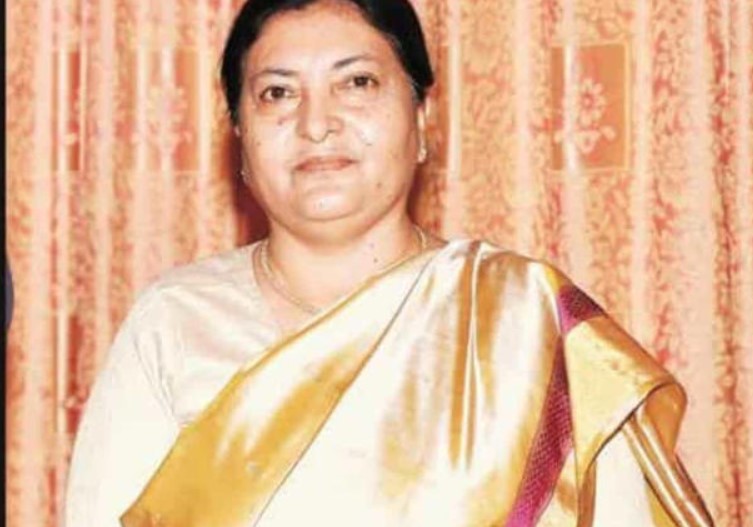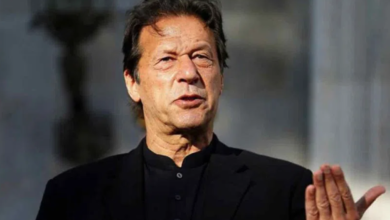Nepal President refusal to sign citizenship amendment into law, may cause constitutional crisis

Nepal’s President Bidhya Devi Bhandari refused to sign the bill into law which among others, would grant citizenship to children whose parents’ whereabouts are not known. The bill has passed twice by a majority in the parliament, meanwhile, the deadline for the country’s nominal head to sign the bill passed at Tuesday midnight.
The proposed bill, among other amendments, would grant citizenship to the children born to a Nepali mother but whose father is unknown after the mother makes a declaration. If signed, it would not only grant citizenship to more than 500,000 people but also give them voting rights. This bill would also grant citizenship documents to Nepalis who are citizens of foreign countries for conducting business and economic activities in the country.
However, the bill named Nepal Citizenship Act has been a point of contention in the country, given that it has been passed twice in the parliament by a majority but last time it was sent back by the president citing different concerns earlier this year.
On the other hand, Bhandari’s political advisor Lalbabu Yadav while indicating that the president did not authenticate the bill asserted that she did it “in order to safeguard the constitution”, said media reports. He added, “It is stated in Article 61(4) that the main duty of the president shall be to abide by and protect the constitution. This means protecting all articles of the constitution. One cannot say by looking at Article 113 that the president did not fulfill her constitutional responsibility” said Yadav.
This move has drawn widespread criticism from many lawmakers, as the leaders of the top five political parties in the ruling centre-left alliance have said that by not signing the bill into law, she is depriving many Nepalis of their right to citizenship and calling it “unconstitutional”. In a joint statement, they said, “The unconstitutional move of the president has seriously insulted and devalued the federal parliament elected by the people.”
Notably, Article 113(2) of the country’s constitution, which states the provisions to authenticate the bills, indicates that any bill presented to the president for certification, in line with this article must be signed within 15 days and the Houses must be informed about that as early as possible.
Reportedly, as a provision, the president is also constitutionally bound to sign a bill and can send the bill back to the Houses for reconsideration once. However, since the bill was not signed by Tuesday midnight it may lead the country into a constitutional crisis.
Further defending the president’s move, Yadav said that the bill “does not fully comply with the provision in Part-2 of the constitution, it discriminates against women, and does not make provision of single federal citizenship with provincial identity,” the media report. A retired supreme court judge, Balaram K.C said in an interview that what Bhandari did was a grave violation of the constitution, “She should either resign as president or somebody should file a case against her in the Supreme Court,” Reuters reported.
ALSO READ: Nepal’s citizenship bill: Is it gender discriminatory?
Earlier this year, in August, after the bill was passed by both the Houses and sent to the president it was sent back by her. Subsequently, a spokesperson from the president’s office, Sagar Acharya, issued a statement saying that the bill was sent back for reconsideration in accordance with Article 113(3) of the constitution.
At the time, she raised two concerns regarding the bill not mentioning the provision for citizenship through marriage act which would be in line with Article 11(6) of the constitution and questioned the provision requiring the woman to provide citizenship to her children.
Article 11(6) says that a foreign woman married to a Nepali man can get a citizenship certificate after she shows proof of her marriage and proof of initiated action to cancel her foreign citizenship, which is provided for in Federal law. The Bhandari also discussed if federal laws are needed or not for citizenship as mentioned in the constitution.
Notably, a bill sent by the Council of ministers cannot be stopped, examined and studied by the president, this can only be done in the country’s parliament.
(with inputs from agencies)







